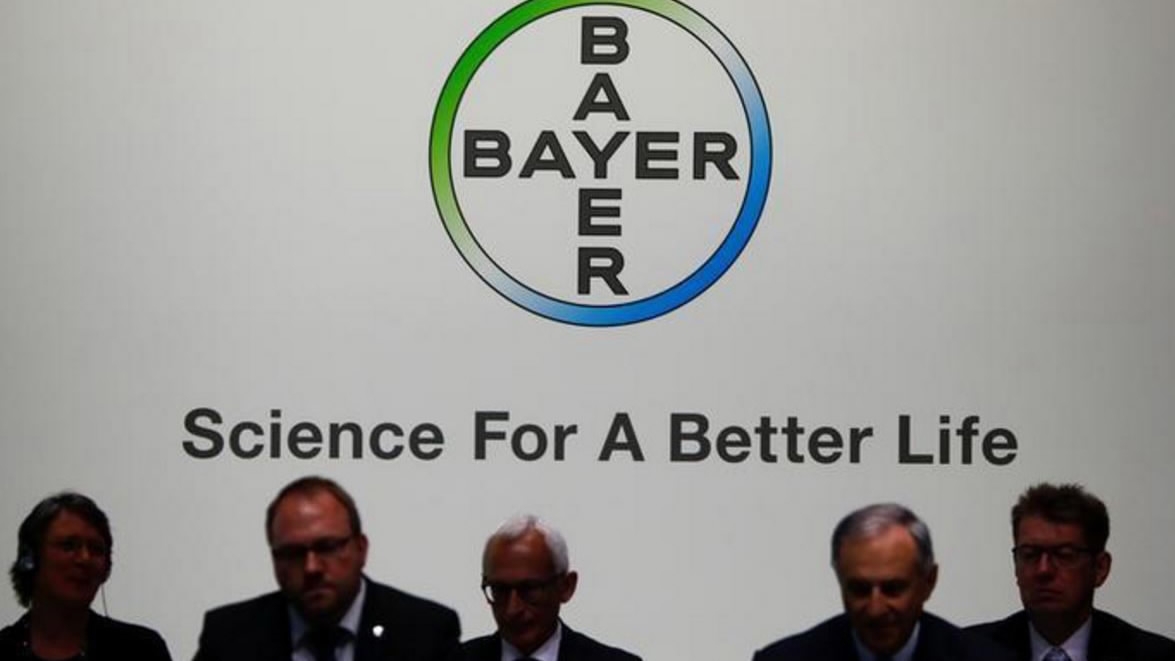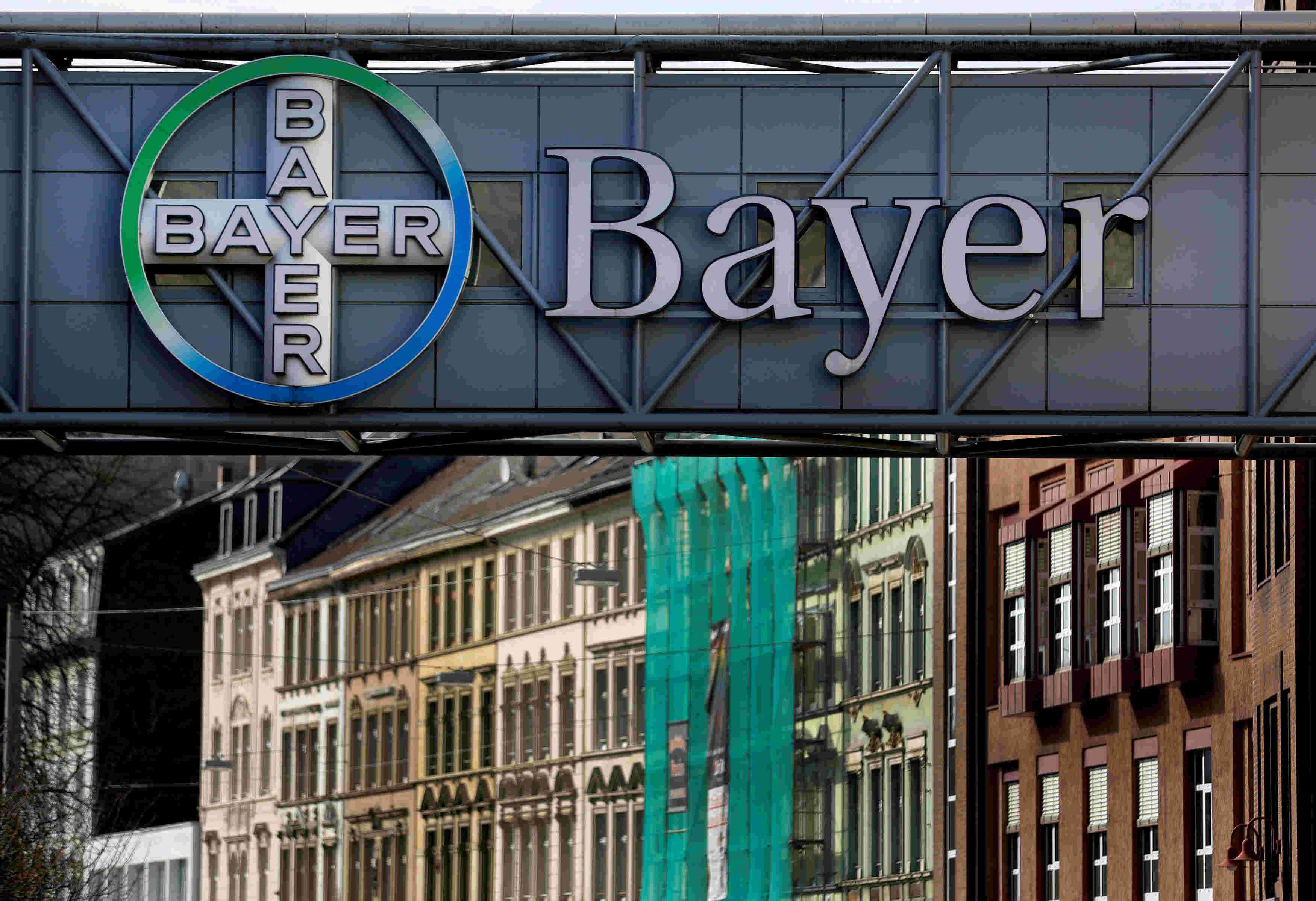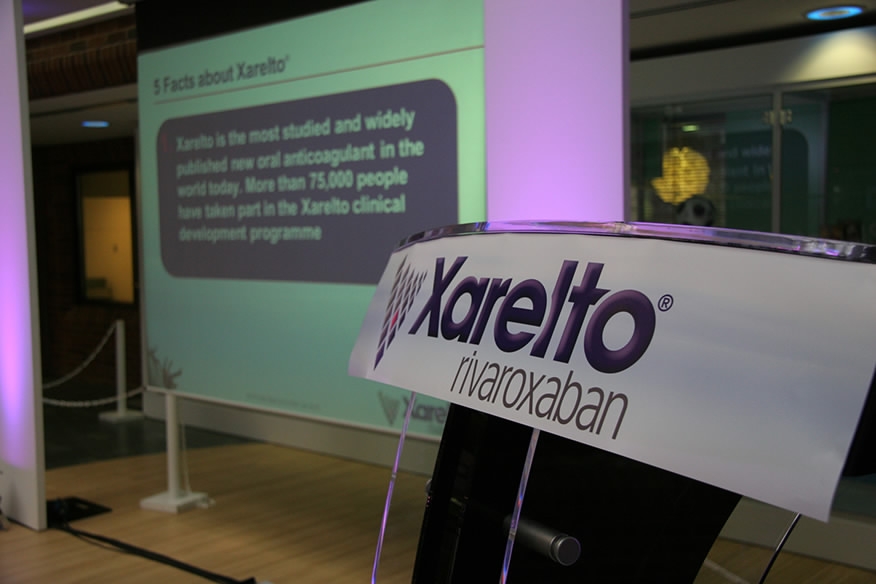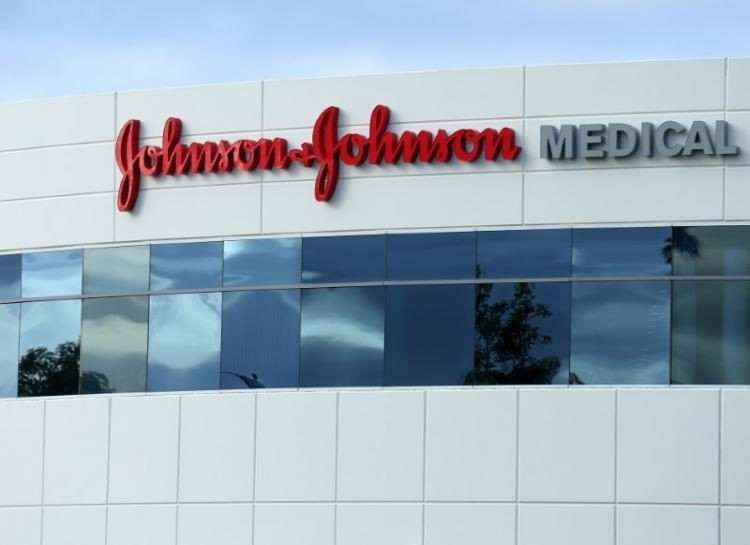
Tech & Sci
10:20, 28-Aug-2017
Bayer, J&J in frame for bigger anti-clotting market opportunity

Bayer and Johnson & Johnson’s blockbuster clot prevention drug Xarelto was shown to cut the risk of potentially deadly strokes and heart attacks in patients with severe atherosclerosis by 24 percent, raising the prospects of billions more in sales.
Xarelto is already approved for a number of cardiovascular conditions and prevention of strokes caused by atrial fibrillation, a type of irregular heart beat common among the elderly, is the main profit driver.
Now the drug could potentially be used on 30 million additional patients in its largest national markets, once regulators give their go-ahead for the atherosclerosis indication, Bayer said. That would come on top of a population of roughly 25 million patients in atrial fibrillation.

File: The logo of Bayer AG is pictured at the Bayer Healthcare subgroup production plant in Wuppertal, Germany, February 24, 2014. /Reuters Photo
File: The logo of Bayer AG is pictured at the Bayer Healthcare subgroup production plant in Wuppertal, Germany, February 24, 2014. /Reuters Photo
In the irregular heart beat market, Xarelto is head to head with rival pill Eliquis, owned by Pfizer and Bristol-Myers Squibb, and also competes with Boehringer Ingelheim’s Pradaxa, but none of them have been tested in the atherosclerosis setting, mainly because of concerns over side effects.
The results strengthen Bayer’s drugs division, which some investors say could be drained of funding amid the planned 66 billion US dollars takeover of US seeds maker Monsanto. But the trial success still leaves Bayer exposed to a major slump in sales when Xarelto’s US patent runs out in 2024.
So far there is no strong contender in its drug pipeline to step in after two setbacks in earlier stages of development over the past few years.
Detailed results presented at the European Society of Cardiology Congress in Barcelona over the weekend showed that a combination of Xarelto and aspirin was 24 percent more effective at preventing strokes, heart attacks and cardiovascular deaths than the standard treatment of aspirin alone.
The odds of suffering a stroke alone was slashed by 42 percent.

File: Xarelto launch /Reuters Photo
File: Xarelto launch /Reuters Photo
Glimpse
Investors had a glimpse of Xarelto’s bigger potential when independent supervisors of the trial in February said the drug’s efficacy was so evident that control patients in the trial who were on aspirin only should also be given Xarelto one year ahead of schedule.
On the down-side, major internal bleeding that required medical treatment occurred 70 percent more often when compared to the aspirin-only group, though Bayer said the risk of that happening to a patient was still low.
Bayer added that the difference was mainly due to more gastrointestinal bleeding and that there were no signs that patients on the Xarelto-aspirin combination were exposed to a bigger risk of potentially deadly bleeding in the brain or other vital organs.
“In total, the benefits outweigh the side effect risks by far. You can see it from the clearly lowered mortality rate and that number also takes the cases of fatal bleeding into account,” said Frank Misselwitz, head of cardiovascular drug development at Bayer.

File: Johnson & Johnson /Reuters Photo
File: Johnson & Johnson /Reuters Photo
The risk of dying from any cause during the four-year trial was 18 percent lower in the Xarelto-plus-aspirin arm.
Participants suffered from coronary artery disease (CAD) or peripheral artery disease (PAD), which are common forms of gradually constricting arteries in the legs, neck and around the heart. They are typically given much cheaper aspirin to prevent cardiovascular knock-on diseases.
Bayer, which invented aspirin, raised its annual peak sales potential estimate for Xarelto last year to more than 5 billion euros (5.3 billion US dollars) and on Sunday said it would keep that unchanged for now.
The pill generated 2.9 billion euros in 2016 sales for Bayer, up 30 percent from a year earlier, while partner J&J, which gets a majority of US revenues, booked sales of 2.3 billion US dollars, up 23 percent.
7789km
Source(s): Reuters

SITEMAP
Copyright © 2018 CGTN. Beijing ICP prepared NO.16065310-3
Copyright © 2018 CGTN. Beijing ICP prepared NO.16065310-3